Legacy of Lal-Bal-Pal: The Legendary Trio Who Stood For Swaraj & Swadeshi Ideals!
The three dynamic leaders of Lokmanya Tilak, Lala Lajpat Rai and Bipin Chandra Pal, who had been promoting self-reliance and opposing the monopoly of the British goods in India, famously came together as the Lal-Bal-Pal trio.
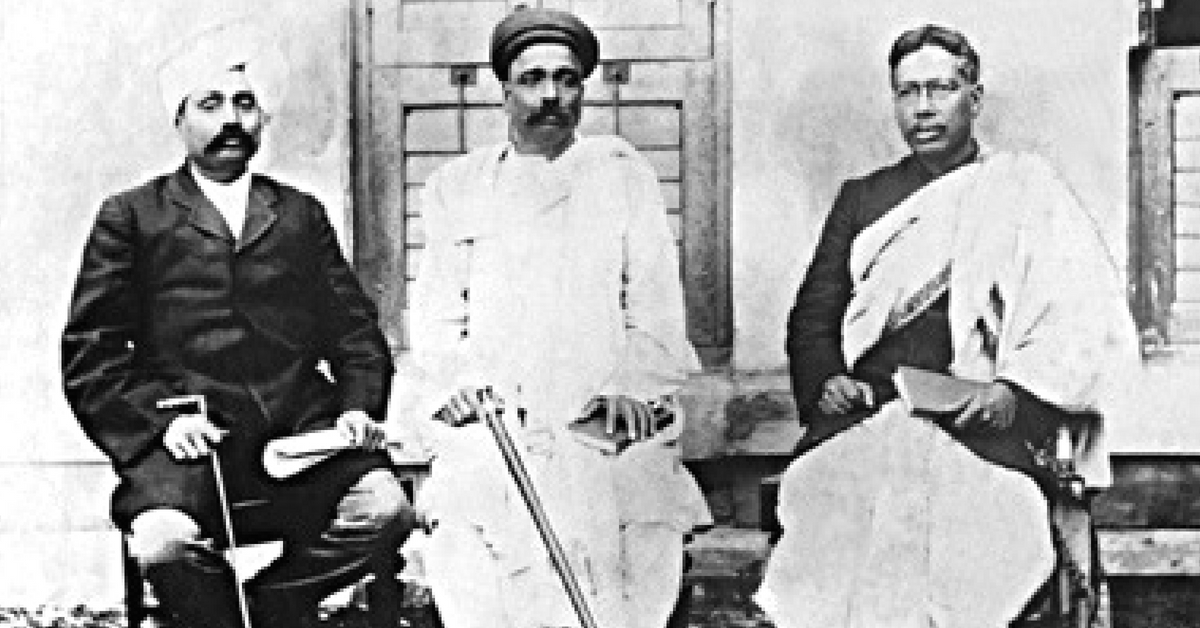
The tyrannical British rule in India was responsible for a sense of deep unrest among Indians.
Millions of Indians were protesting against the British in a way that they felt would best lead the country towards freedom. While some believed in a peaceful approach, others had a more direct, radical attitude towards the revolution. The triumvirate of Lal-Bal-Pal was a part of the latter group.
Lala Lajpat Rai, from undivided Punjab, Bal Gangadhar Tilak, from Maharashtra and Bipin Chandra Pal from what was then united Bengal, had come together to advocate the Swadeshi movement—rejecting the purchase of British goods and becoming self-reliant as a country.
How did three freedom fighters from such different backgrounds and far away states come together? What united them in their fight for self-reliance?
Here is a brief history of the three great leaders, who had been fighting the British Raj in their own way.
1. Lala Lajpat Rai
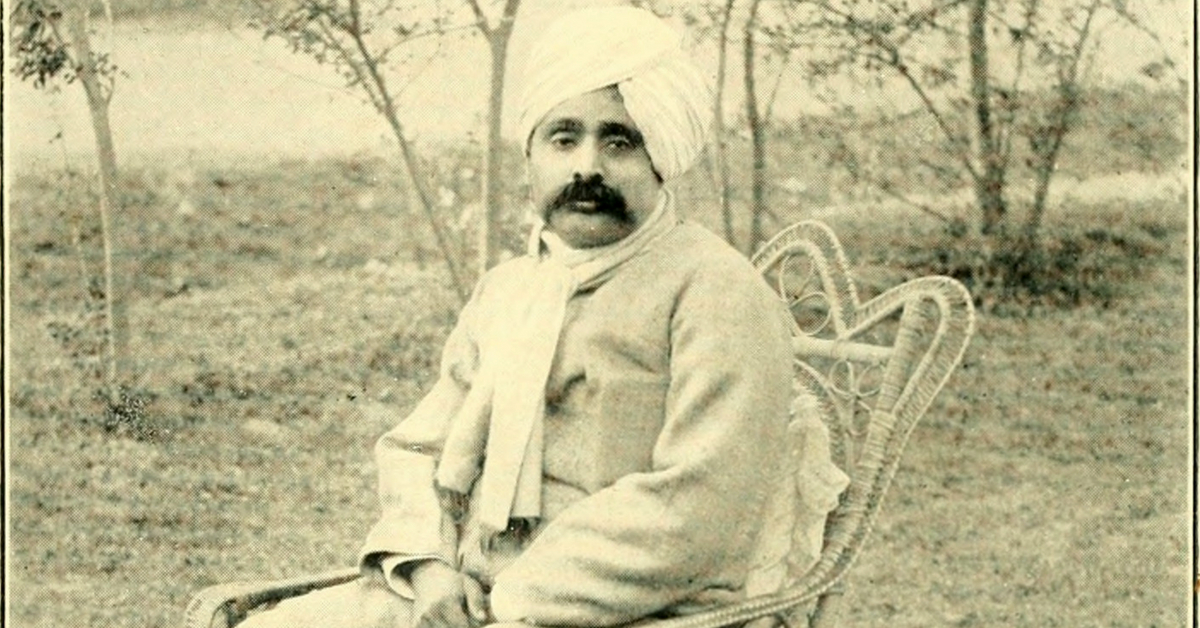
Born in undivided Punjab on 28 January 1865, Lala Lajpat Rai grew up in a family that allowed the freedom of faith. His father, Munshi Azad was a scholar of Persian and Urdu and was a teacher at a Government school. Rai studied in the same school.
Even before he focused his efforts towards a self-sufficient India, Rai believed in the principle. In 1895, he started the Punjab National Bank—the first Indian bank to begin solely with Indian capital, and that continues to function till date.
Rai had travelled to America in 1907 and immediately caught up similarities between the ‘colour-caste’ practised there and the caste system prevalent in India.
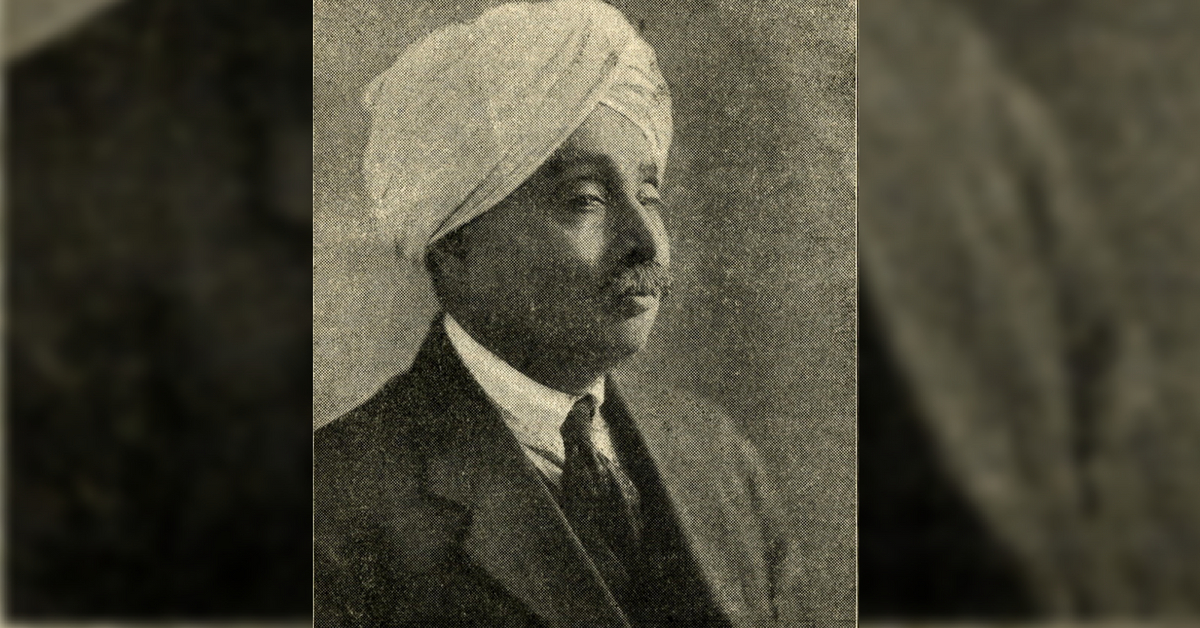
He published a travelogue titled ‘The United States Of America: A Hindu’s Impression and a Study’ and noted these observations therein. In 1917, he even founded the Indian Home Rule League of America there.
While he was travelling in the USA, the Congress was encouraging Indians to stand strong against the British Rule. When he returned to India in 1920, Rai presided over a session of the Congress in Calcutta. It was the same year when the non-cooperation movement was launched, and Rai was an active participant. The revolution mainly opposed the Rowlatt Act—one that allowed British officials to arrest an Indian that they perceived as a threat— without actual evidence.
His proactive, brave participation in the protest earned him the title of the Lion of Punjab or Punjab Kesari. In a coincidence, Bal Gangadhar Tilak had founded a newspaper by the same name—Kesari—to voice his radical views against the British government.
2. Keshav Gangadhar Tilak
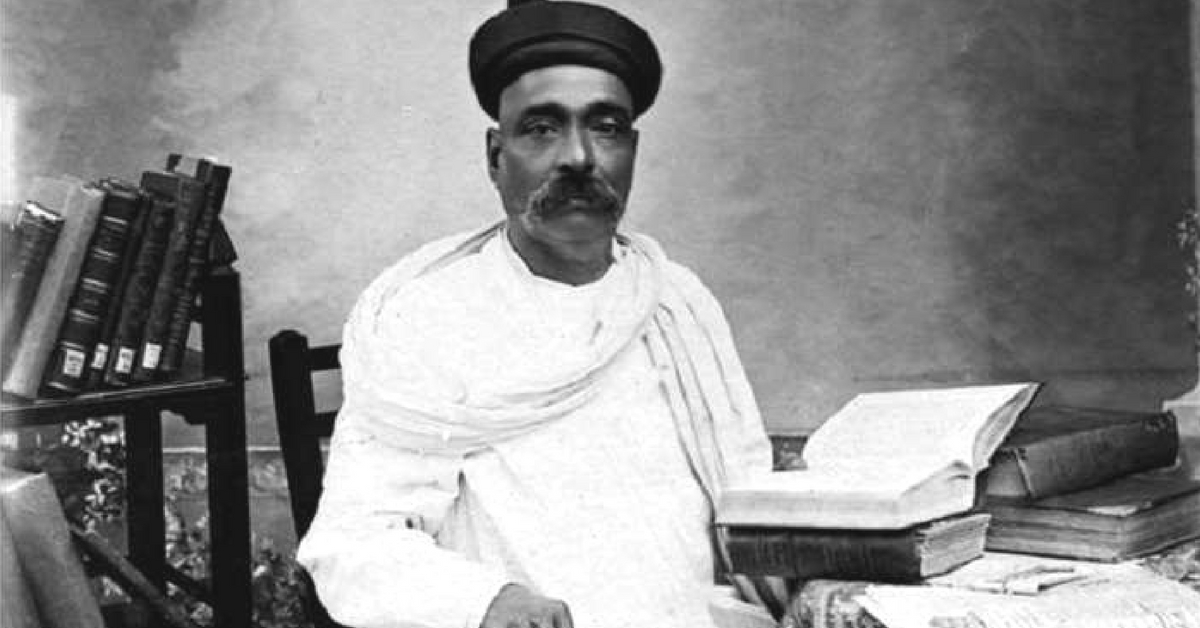
“I did not eat the groundnuts, I will not accept the punishment,” a young Tilak told his teacher, who was punishing all students for throwing groundnut shells in the classroom. As no one took the blame, the entire class was being punished. However, Tilak was not one to face injustice, silently. Even when he grew up, two things remained constant—his name, ‘Bal’ (baby, in Marathi) and his radical views against injustice.
You may also like: The Untold Story of ‘Satyananda’, the Only American to Join India’s Fight for Freedom
A law student from the Deccan College in Poona (now Pune), Tilak was an advocate of education from a very young age. In 1884, he founded the Deccan Education Society in Pune, and under the banner, opened the New English School for primary studies and Fergusson College for higher education, along with Gopal Ganesh Agarkar, Mahadev Ballal Namjoshi and Vishnushastri Chiplunkar.
His involvement in the educational institutions was to emphasise on the cultural revival of young Indian minds.
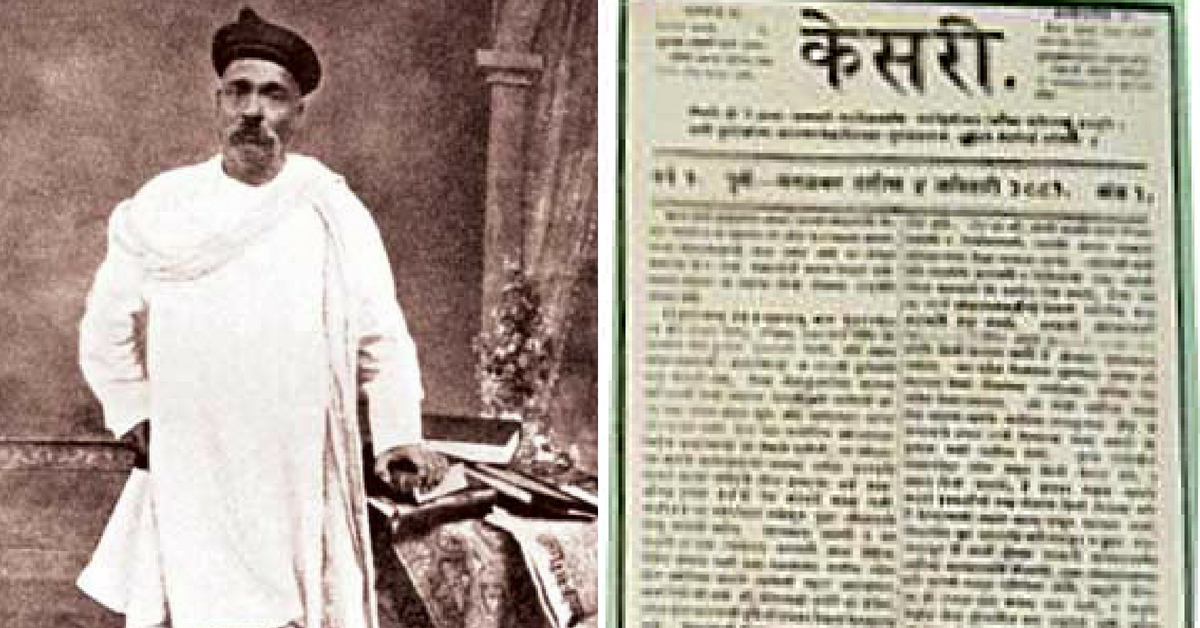
Tilak was a loud voice against the British rule, from the very beginning. His articles in newspapers like Kesari, which he founded in 1881 had earned him strong support from like-minded people like the Chapekar brothers, and he was also arrested several times. With the slogan “Swarajya majha janmasiddha hakka ahe… Ani to me milavnarach,” he ignited strong patriotism among his Marathi peers. “Swarajya (self-rule) is my birth-right, and I shall have it” became a popular chant during the freedom struggle.
For the British, Tilak was the “Father of the Indian Unrest.” When the Indian National Congress was divided among moderates and extremes—the stand that each member took against the British government—there was no doubt which side Tilak supported.
3. Bipin Chandra Pal
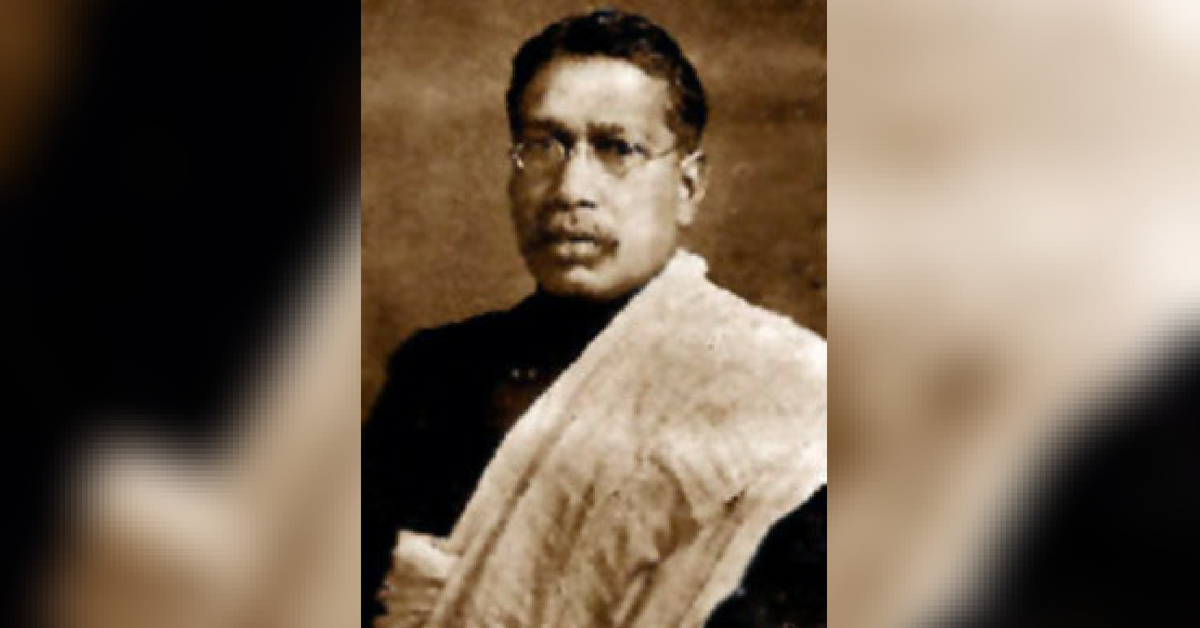
The father of revolutionary thoughts, Bipin Chandra Pal, was born to a wealthy family in Sylhet, Bengal Presidency (now in Bangladesh). His father, like Rai’s, was a Persian scholar. Pal had always turned to his pen to unite efforts of Indians for Swarajya and Swadeshi goods. For him, the pen was just as mighty as the sword but had to be lifted first in order to invoke a sense of revolution among his supporters.
Pal was a journalist by profession and often contributed to several newspapers. He used his literary expertise to write against the use of British goods, advocating Indians to start using Swadeshi goods instead.
He was of a strong opinion that a mass reliance on Swadeshi goods would help people get rid of their poverty.

He even went on speaking tours and encouraged his listeners to join the fight of Swarajya through his excellent oratory skills.
In the 1906 Calcutta session of the Indian National Congress, Pal said, “You will have observed the word ‘boycott’ attached to the word ‘movement.’ It means that it shall move, move from point to point, move from city to city, move from division to division, move from province to province till we realise the highest destiny of our people as a nation in the comity of nations. I mean Swaraj.”
You may also like: The Untold Story of the First Indian Pilot, Purushottam Meghji Kabali
The three dynamic leaders, who had been promoting self-reliance and opposing the monopoly of the British goods in India, famously came together as the Lal-Bal-Pal trio. Together, they successfully captured more young minds across India. Even with diverse backgrounds, their cause was the same— to use Swadeshi items in place of ‘Videshi’ items and to replace the British Raj with Swaraj.
(Edited by Gayatri Mishra)
Like this story? Or have something to share?
Write to us: [email protected]
Connect with us on Facebook and Twitter.
NEW: Click here to get positive news on WhatsApp!

Similar Story
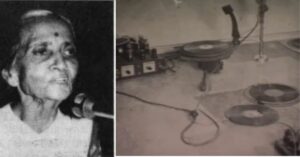
When a 22-YO Ran a Secret Radio Station for India’s Freedom: Usha Mehta’s Biopic
In the upcoming biopic Ae Watan Mere Watan, actor Sarah Ali Khan will essay the role of freedom fighter Usha Mehta, who ran a secret radio station at a crucial point in India’s freedom struggle.
Read more >
If you found our stories insightful, informative, or even just enjoyable, we invite you to consider making a voluntary payment to support the work we do at The Better India. Your contribution helps us continue producing quality content that educates, inspires, and drives positive change.
Choose one of the payment options below for your contribution-
By paying for the stories you value, you directly contribute to sustaining our efforts focused on making a difference in the world. Together, let's ensure that impactful stories continue to be told and shared, enriching lives and communities alike.
Thank you for your support. Here are some frequently asked questions you might find helpful to know why you are contributing?


This story made me
-
97
-
121
-
89
-
167












